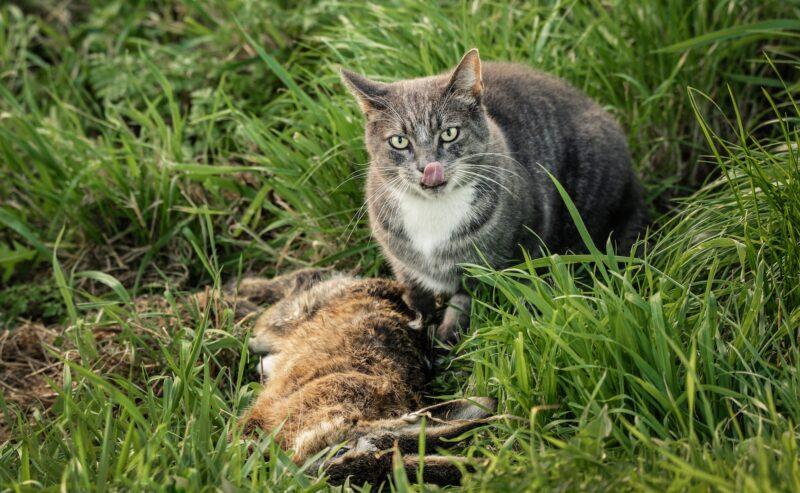
Katie Ashdown, CC 2.0, https://creativecommons.org/licenses/by/2.0/
Troubled Care: Invasive Species in a More-than-Human World
While the idea of ‘invasive species’ should not be simply reduced to commonsensical and unquestionable, our obligation to care for the fast-changing world due to myriad anthropogenic activities also renders difficult decisions that translate into suffering, violence, and murder at times necessary; those decisions are care itself and care is troubled.

Photography by Adri – stock.adobe.com
What does it mean to solve a problem like invasive species? As ecological invasion becomes more relevant to other headline environmental crises such as climate change, mass extinction, and biodiversity loss, the debate surrounding invasive alien species (IAS), as an ecologicalcategory and/or a questionable construct, also becomes increasingly heated.
This project seeks to make sense of this contentious issue by conversing with the invocations of ‘care’ in environmental humanities. By putting forward the idea of troubled care, I demonstrate how caring for an issue like ‘invasive species’ opens up diverse modes of ecological care, nurturing, and life-sustaining but also violent and belligerent. Knowing nonhuman invaders troubles easy antagonisms and unveils instead ‘ambivalent and never innocent’ relations, where difficult decisions are made in conservation practices and discourses (Benson et al. 2017). Care in this sense is troubled by these complexities and compromised by the necessity and urgency to act.
This PhD project consists of analyses of the development and the fundamental concepts of invasion science as well as critical rumination on the contestation around the topic, to reflect upon how they open to ‘more radical modes of ecological care’ and how thinking with troubled care clarifies our engagement and relationship with the antagonised nonhuman others (Barnett 2023). Situating the conceptual work are three case studies, each with its own lifeworld made of unique historical and geo-bio-social conditions, to illuminate the troubled power-relations, thoughts, and actions in living with invasive species. The entangled life histories of IAS with different modes of science, conservation, and sociopolitical conjunctures coproduce invasiveness differently, which in turn afford contingent historical and scientific articulation and practices. I contend that while the idea of ‘invasive species’ should not be simply reduced to commonsensical and unquestionable, our obligation to care for the fast-changing world due to myriad anthropogenic activities also renders difficult decisions that translate into suffering, violence, and murder at times necessary; those decisions are care itself and care is troubled.
More broadly, troubled care divulges the space of speculative care ethics that demands a deeply critical and contextual knowledge about our objects of care. Troubled care affords a space for articulating difficulties, choices, and preferences in making conservation decisions — such an approach not only potentially enriches interdisciplinary IAS research, but also fosters a more inclusive, honest, reflective, and ethically attuned invasion science, better equipped to address the ecological and moral challenges of our time.
Moving away from the dominant focus on companionship and conviviality in multispecies research, this project contributes to conservation humanities and the kinds of coexistence that are characterised by enmity and violence, by questioning the supposedly inherent desirability and goodness in more-than-human engagements.

